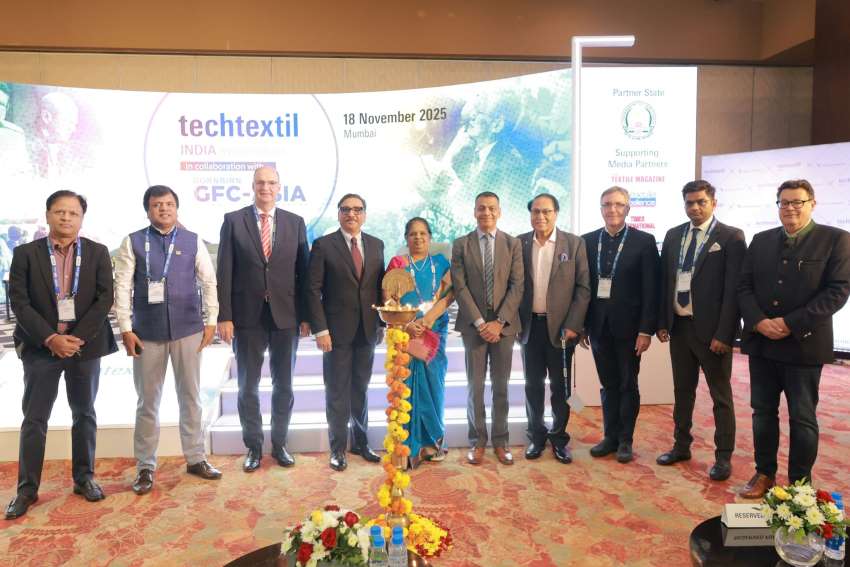Experts say Bangladesh’s woven garments are losing competitiveness in international markets due largely to longer lead time, poor backward linkage, insufficient gas and port facilities. Data records woven garments exports to the two major markets, Germany and the US spiralled downwards during the first half of the current fiscal 2017-18. Data records during the July-December period of the FY18, woven items garnered $1.03 billion from Germany, recording a 10.84 per cent negative growth as against the earnings during the corresponding period of last fiscal. Wove garments exports to the US fell by 1.15 per cent with earnings valued at $1.88 billion during the same period. Knitwear exports, bucking the trend, grew by 10.76 per cent and 9.94 per cent to Germany and the US during the first half of the current fiscal. Export of woven items grew negatively by 15.89 per cent and 6.95 per cent to Belgium and Denmark while witnessing a slow growth of 2.89 per cent and 9.32 per cent to France and Italy during the period.
Mahmud Hasan Khan, Vice-President of Bangladesh Garment Manufacturers and Exporters Association (BGMEA) says knitwear exporters get strong support from local backward-linkage industry, which is not available for woven-garment makers as the latter still largely depends on import to meet their fabric requirements. About 40 to 60 per cent of required fabrics for woven items are met through import from China, India, Korea and other countries. Longer lead time has now become a major concern for woven makers. Local woven exporters were lagging behind at least 15 days for inefficient port handling in Chittagong while they faced problems in making air shipment, too, he noted.
Khan explained around 10 to 12 days can be saved by efficient port handling, which means a lot for exports.












